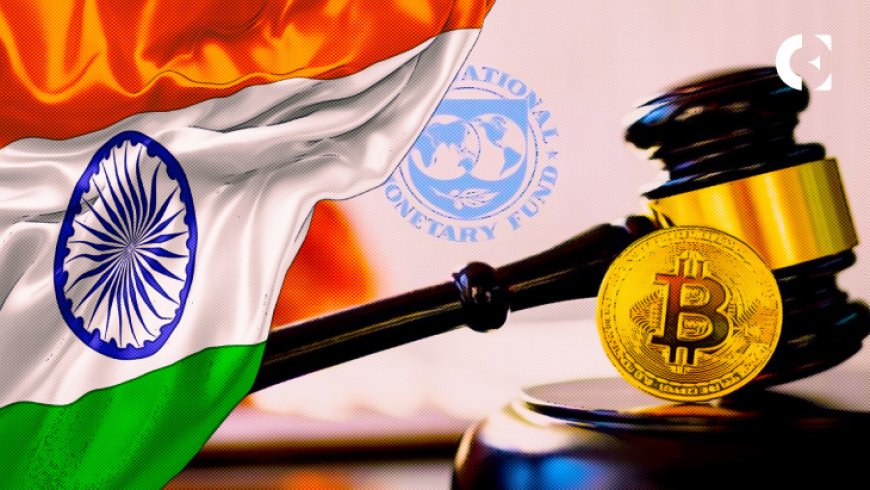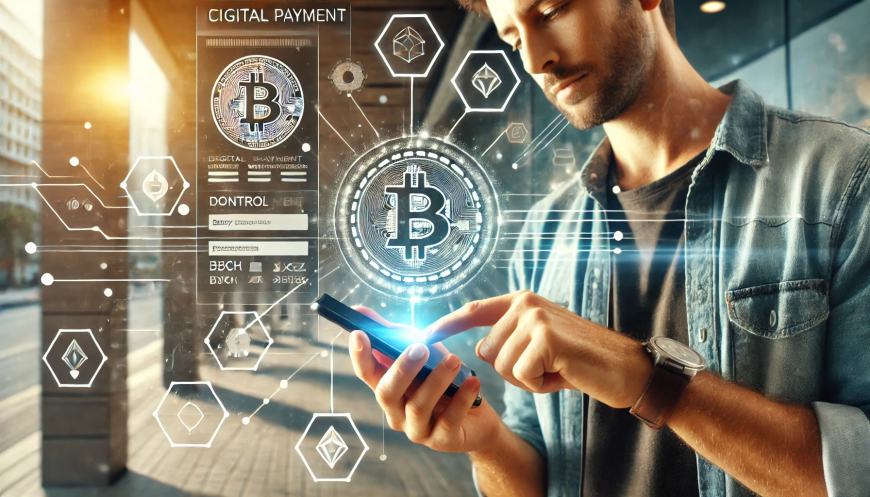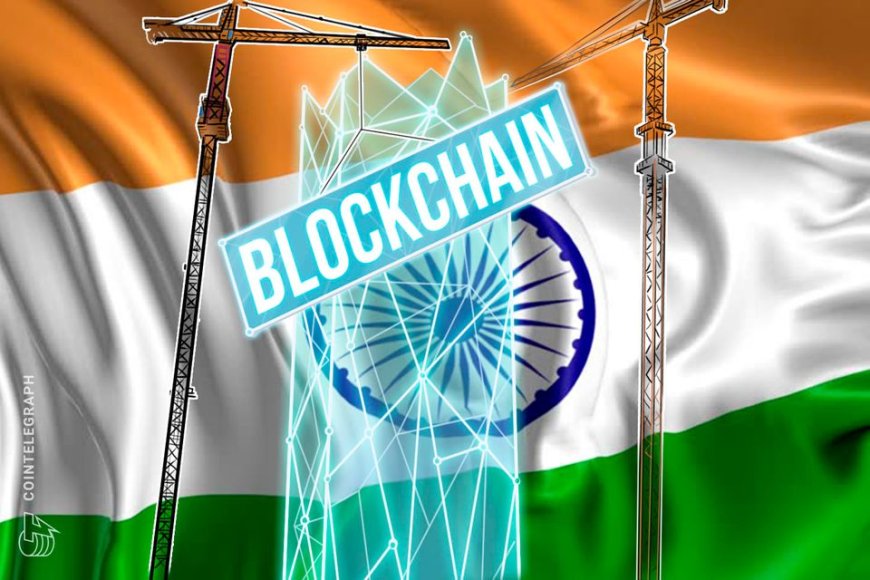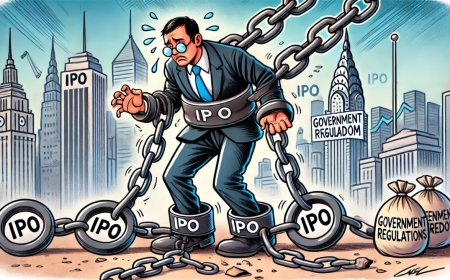Blockchain vs. Government: The Battle for Your Wallet
Blockchain and DeFi are revolutionizing finance, challenging the government’s control over your money. Explore how decentralization is empowering individuals with faster, cheaper, and more secure transactions.

Hold on to your wallets, folks – this is going to be a wild ride!
We all know how the government loves to have its fingers in every pie. Whether it’s your taxes, your digital transactions, or your wallet, they want a piece of it. But hold up – there’s a new challenger in town: blockchain and decentralized finance (DeFi). These game-changing technologies are stepping up and asking the ultimate question: Who should control your money – you or the government?
Round 1: The Government’s Grip on Your Wallet

Let’s be real – governments love to have control over your money. Whether it’s through taxes, inflation, or constant regulation, they seem to have a say in what you earn and spend. And when it comes to digital currency, the government is all about creating Central Bank Digital Currencies (CBDCs), which are essentially digital versions of your country’s currency. It sounds convenient, right? No more carrying cash around, and you can make instant payments online. But, guess what? The government still controls the whole show. Every transaction you make is tracked, and they know exactly how much money is sitting in your digital wallet. In other words: Big Brother 2.0.
Round 2: Blockchain and DeFi – The Rebel Forces
But hold on – here come the rebels! Enter blockchain and DeFi, which are challenging the status quo. Blockchain is a decentralized ledger that operates without a central authority, meaning no government or bank can manipulate your transactions. It’s like a free-for-all where you get to control your own money. No middlemen, no banks, and certainly no government interventions. You decide where your money goes. No more sneaky fees or middlemen taking a cut!
Then there’s DeFi – the wild child of finance. This tech lets you borrow, lend, and even invest, all without needing a traditional bank. You can participate in financial activities without those pesky service charges, and transactions happen almost instantly. It’s efficiency without the bureaucracy, which, let’s face it, sounds pretty amazing.
But here’s the kicker – is this new financial world a mirage, or is it actually a viable alternative to the old-school government-controlled system?
Is Blockchain the People’s Champion?
Now, you might be thinking, "Alright, blockchain sounds cool, but why should I care?" Well, let’s break it down. Blockchain offers the freedom to control your own finances, which is pretty darn empowering, don’t you think? Especially when you’re sick of being nickel-and-dimed by banks and governments.
If you’ve ever been frustrated by slow bank transactions, hidden fees, or long processing times, you’ll love DeFi. With it, you can make instant transactions without waiting for “banking hours,” and you don’t need to worry about the traditional fees that eat into your earnings.
Now, think about the fact that in many parts of India, access to financial services can be limited. For people who are unbanked or underbanked, blockchain and DeFi could level the playing field, allowing people to access financial systems that were once out of their reach. And that’s pretty cool, right?
The Government vs. Blockchain: Who Wins?

Here’s the thing: Blockchain might be the David in this fight, but it’s no stranger to giant-killing. Sure, the government still controls a lot of things – they regulate the economy, manage the currency, and keep an eye on taxes. But with blockchain, they don’t have to control everything. Blockchain’s beauty lies in the fact that it’s decentralized. There’s no need for a middleman; no need for endless paperwork or lengthy approval processes. With blockchain, transactions happen directly between the buyer and seller, making everything faster and cheaper.
But, here’s the catch – as much as blockchain sounds like a financial utopia, it’s still early days. The volatility of cryptocurrencies, regulatory hurdles, and lack of widespread adoption mean it’s not a completely flawless system yet. The government might try to get involved by creating their own digital currencies, but the question remains: Will they let you control your money, or will it just be another version of their surveillance system?
What’s in It for YOU?
Blockchain isn’t just for tech geeks or crypto enthusiasts. It’s for every person who’s ever had to deal with a shady middleman, hidden fees, or frustrating delays. Think about every small business owner who’s been hit with hefty transaction fees just to process a payment. Or the freelancer who’s tired of waiting weeks for a bank transfer. Blockchain gives them the chance to take back control. No more banks. No more waiting. Just fast, secure transactions that are transparent and low-cost.
And let’s not forget about the global economy. Blockchain could allow for instant international transactions, making it easier for businesses to grow and individuals to move money across borders without paying an arm and a leg in fees.
The Final Word: A Hybrid Future?
So, what’s the verdict? Is blockchain the future of money, or is the government going to keep holding the reins? Well, the truth is – both are likely here to stay. Governments might roll out their own digital currencies, but blockchain will continue to provide an alternative, offering individuals more autonomy over their financial futures.
In the end, the future of money won’t be about who controls it, but about how much control you have over your own wallet. Blockchain is giving us the power to take our finances into our own hands, while governments will still have their role to play in keeping things in check.
It’s time for you to decide: Will you let the government control your wallet, or will you take charge of your financial future with blockchain?
What's Your Reaction?




















































